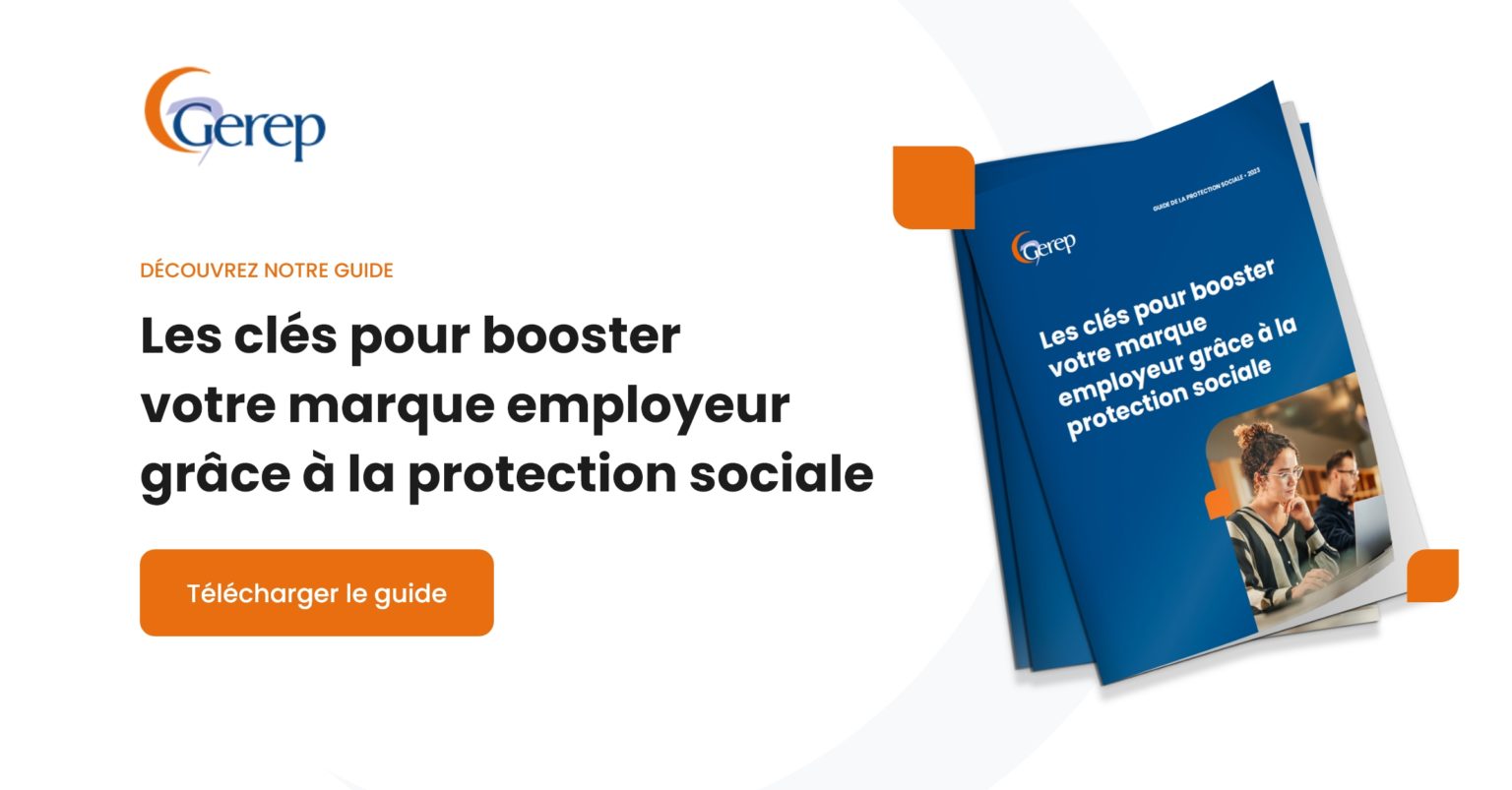Partager
Pensions and employee savings schemes are key elements in the supplementary social protection offered by companies to their employees. Although often underestimated, these schemes are in fact powerful levers for strengthening the employer brand and attracting and retaining talent.
The pension reform of 2023 has brought retirement and employee savings to the forefront. With retirement a subject of concern for many French people, the company has a role to play in securing its employees’ future.
Retirement savings
The PACTE Act marked a turning point in the landscape of retirement savings in France. It introduced the Plan d’Epargne Retraite (PER), a harmonized scheme that replaces the old retirement savings products. The PER comprises three products: the PER
( PERO), the collective PER (PERECO or PERRCOL) and the individual PER. The PERO replaces the former “article 83” scheme. Although optional for companies, once set up, employees are obliged to subscribe to it.
It can be funded by compulsory payments by the company and/or employees, voluntary payments by the employee, employee savings (profit-sharing, participation, Compte Epargne Temps, etc.) or the transfer of former schemes. The plan can be terminated in the form of an annuity and/or a lump sum.
Employee savings: a tool for motivation and loyalty
Nearly half of all employees have anemployee savings or share ownership plan (47%, up 4 points in three years). Employee savings schemes enable employees to share in their company’s results and encourage collective savings.
It is based on several mechanisms: profit-sharing, incentive schemes and employee savings plans (PEE, employee shareholding, matching contributions, etc.) and group retirement plans (PER Collectif). Profit-sharing is paid to employees based on the company’s results or performance. Profit-sharing, on the other hand, enables a portion of the company’s profits to be redistributed to employees.
It is compulsory for companies with more than 50 employees to set up a profit-sharing scheme.
Focus on the efficiency rate
In the first case, the employee receives €1,000 in salary, or €1,000 in a PERO in the second. It therefore makes sense for the employer to set up an employee savings scheme. It’s a win-win situation, with more net income for the employee and lower charges for the employer. This enables employees to build up an envelope to supplement their retirement or to have a financial resource at their disposal in the event of a hard blow.
Strengthening social dialogue and CSR policy
Employee savings and supplementary pension schemes are important subjects for social dialogue within the company. They can be the subject of negotiations and collective agreements, helping to strengthen the dialogue between the company and its employees.
The implementation of these schemes is also part of a CSR policy. By contributing to the financial security of its employees and associating them with the company’s results, the company demonstrates its commitment to one of the pillars of CSR: social responsibility.
Anticipating and understanding retirement
The BRI(Bilan Retraite Individuel – Individual Retirement Balance Sheet) is a useful tool for employees, given the complexity of the rules governing the French retirement system.
It’s a digital dashboard that answers the questions employees have.

Article écrit par
Amadou Kasse


 Damien Vieillard-Baron
Damien Vieillard-Baron

 Margaux Vieillard-Baron
Margaux Vieillard-Baron

 Amadou Kasse
Amadou Kasse



 Estelle Baldereschi
Estelle Baldereschi